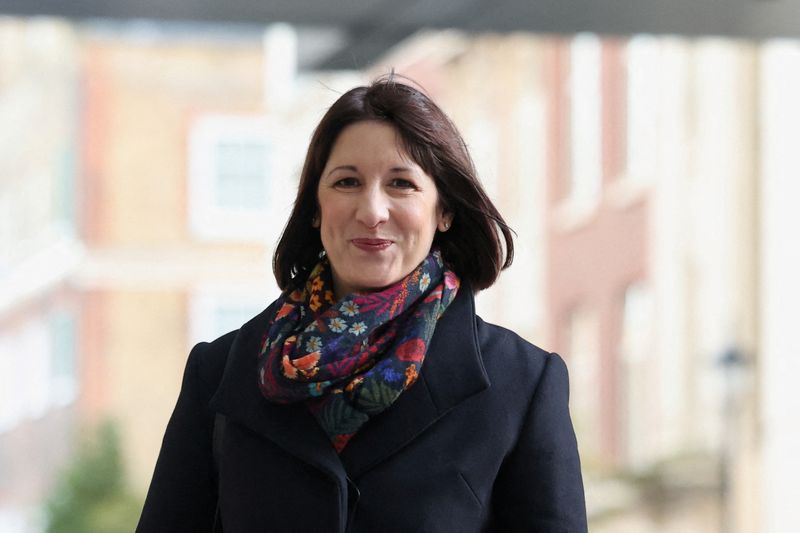Proactive Investors - Slower than expected gross domestic product (GDP) growth over the three months to September has prompted warnings the UK's economic recovery is grinding to a halt.
Office for National Statistics figures on Friday showed the UK economy expanded by 0.1% in the third quarter, against the 0.5% growth seen over the second and below the 0.2% expected by analysts.
Production output fell by 0.2% during the quarter, while the service and construction sectors grew by 0.1% and 0.8% respectively.
Chancellor Rachel Reeves expressed disappointment over the news, which meant the UK had fallen from the top of the leaderboard among G7 nations in terms of growth.
“Improving economic growth is at the heart of everything I am seeking to achieve, which is why I am not satisfied with these numbers,” Reeves said in response on Friday.
Having grown at the fastest pace over the first half, the UK’s slower expansion in the third quarter now placed it only ahead of Italy among the G7 economies, the Resolution Foundation pointed out.
“After bouncing back from recession earlier this year, Britain’s recovery is already running out of steam,” Resolution economist Simon Pittaway said.
The French, German, Japanese and Canadian economies outpaced the UK during the quarter, while the US grew at the fastest pace by 0.7% over the period.
Confederation of British Industry economist Ben Jones noted “uncertainty ahead of the Budget probably played a big part” as decision-making slowed.
Jones added downside risks had increased as the Budget “set off warning lights for business”.
“The hike in national insurance contributions alongside other increases to employers’ cost base will add to the burden,” he continued.
“It is expected to trigger a more cautious approach to pay, hiring and investment as companies work through what it means for their own budgets.”
“The extent of the slowdown is a bit more pronounced than expected,” Abrdn chief economist Luke Bartholomew said.
“With activity growth in September being reported as particularly weak, it is plausible that some of the slowing is the result of elevated uncertainty at that time, as firms and households speculated about possible tax changes ahead of the Budget.”
